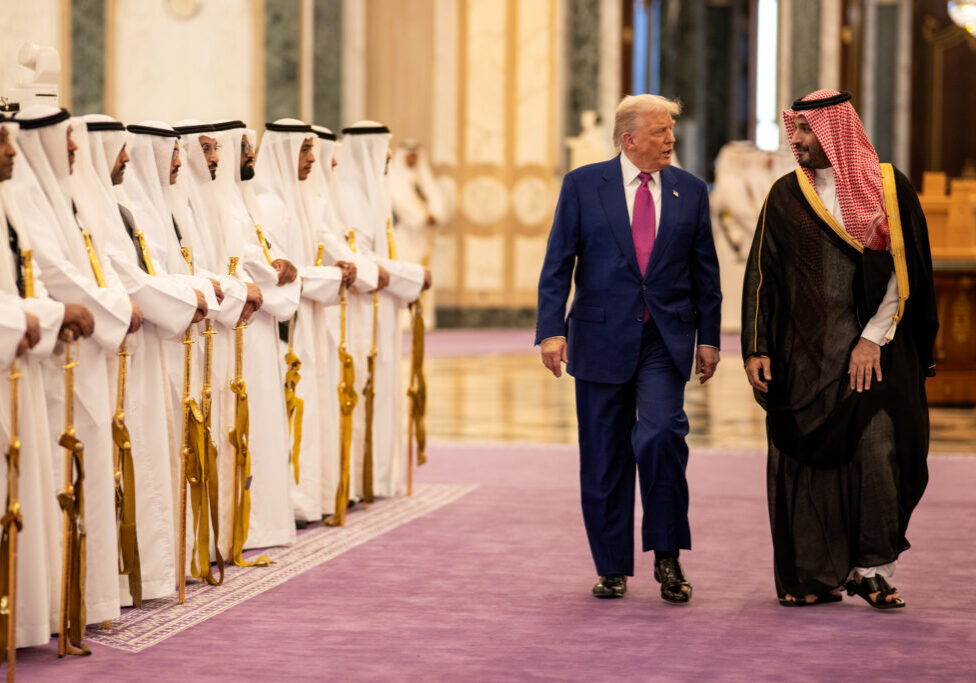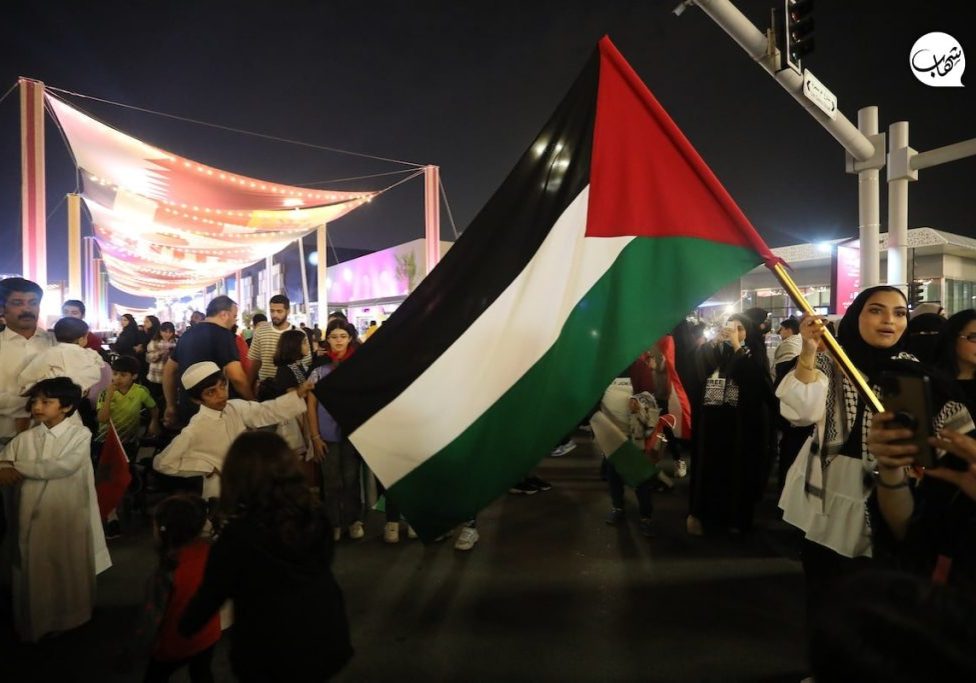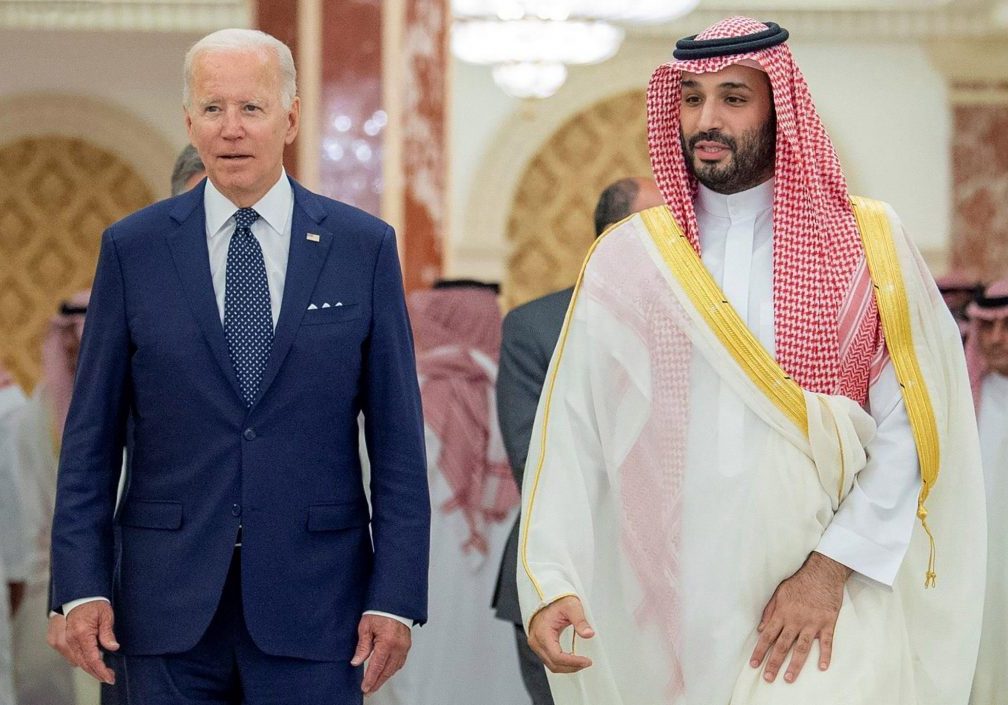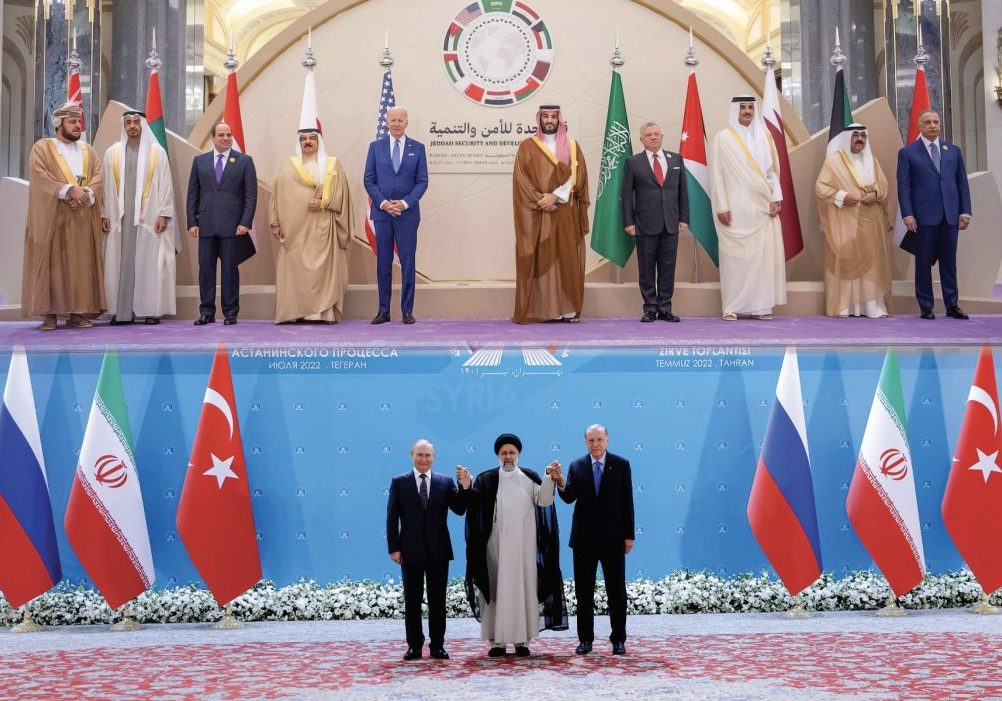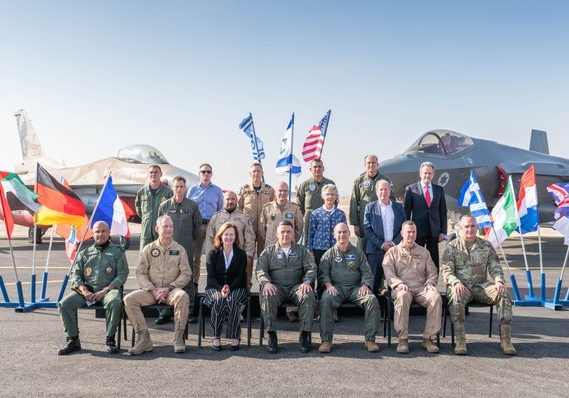Australia/Israel Review
Behind the News – June 2017
Jun 7, 2017 |
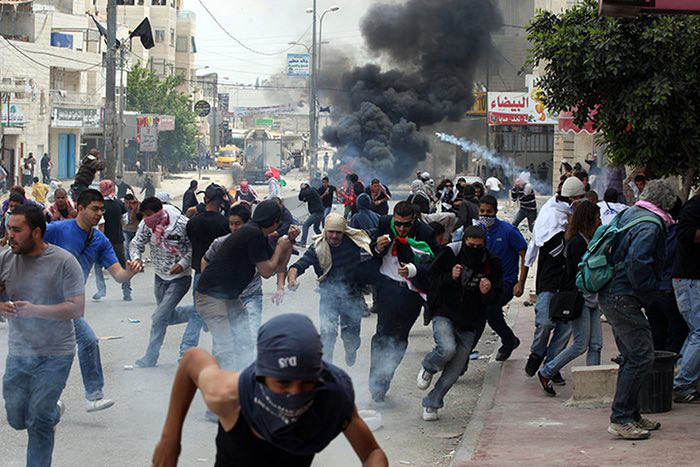
TERROR AND ROCKET REPORT
On May 13, a 57-year-old Jordanian citizen, in Israel with a tourist group, stabbed an Israeli police officer who, despite his wounds, managed to shoot his assailant dead. The Jordanian Information Minister blamed Israel for the Jordanian’s death, calling it a “heinous crime”, saying that Israel “bears responsibility” for causing the Jordanian citizen’s “martyrdom”, and making no mention of the initial stabbing attack. Israeli PM Binyamin Netanyahu slammed these comments, stating, “It is time that Jordan ceases its double-sided game… Jordan must condemn terrorist attacks in Israel.”
Several thousand Palestinians participated in riots to mark May 15’s Nakba Day (the “catastrophe” of Israel’s establishment) with rock-throwing and Molotov cocktails prevalent.
On May 7, a 16-year-old Palestinian girl was shot dead while attempting to stab Israeli police. On April 25, a Palestinian who had a permit to enter Israel stabbed and injured four people in seaside Tel Aviv hotels. Terror attacks involving the use of guns, knives, IEDs, Molotov cocktails and rocks continued to be a regular occurrence.
There was one rocket fired into Israel from Sinai on May 23.
On April 27, Israeli warplanes reportedly hit a Hezbollah weapons depot near Damascus Airport, targeting weapons sent to the group from Iran. An Israeli patriot anti-missile battery subsequently intercepted a Syrian unmanned drone over the Golan Heights.
NEW HAMAS CHIEF
Hamas announced on May 6 that former Gaza head Ismail Haniyeh had taken over from Khaled Meshaal as the Chief of Hamas’ Politburo, and thus overall head of the organisation.
Haniyeh has been a prominent figure in the organisation since the 2006 Palestinian Authority (PA) election win, when he was briefly Prime Minister of the PA. Previously living in Gaza, Haniyeh is expected to now base himself primarily outside of the Strip.
He is also a proponent of Hamas’ new “political manifesto” released on May 1, a document sometimes mistakenly described as a new charter which in fact does not replace or supersede the group’s avowedly antisemitic founding charter. The document, apparently intended to encourage engagement with Hamas by Arab states and Western nations, moderates some of Hamas’ past extreme rhetoric and suggests some tactical flexibility, but does not alter Hamas’ overall goals or its support for terrorism.
PA CUTS GAZA POWER PAYMENTS
As of 27 April, the Palestinian Authority announced it was asking Israel to cease supplying electricity to Gaza and paying for the electricity by deducting the price from taxes transferred to the PA. Israel has so far continued to supply electricity to Gaza.
Even before this request, Gazan residents were receiving only three to four hours of electricity per day because an intra-Palestinian dispute over paying for fuel had shut down Gaza’s only power plant, while Egyptian power lines supplying the strip are down for maintenance. An Israeli cut-off would leave Gaza with no mains electricity at all.
Given the power shortages, Gaza’s 13 hospitals and 54 medical centres are reportedly running short of fuel for emergency generators.
There are also reports of medicine shortages in Gaza after the PA announced on May 9 that it would no longer supply medicines and baby formula to hospitals in the strip. There have reportedly been no PA shipments of medicine to Gaza hospitals, which previously occurred every two months, for more than three months.
There is also insufficient electricity to process sewerage across Gaza, and municipalities are now each dumping about 70,000 cubic metres of untreated drainage into the Mediterranean daily. Around 60% of the beach coastline has become unsafe for people to swim in.
In another political move, the PA has also announced an exemption for Gazans from taxes and official fees imposed by the Hamas-run government institutions and ministries. This move has been rejected by Hamas.
CONTROVERSY OVER ALLEGED INTELLIGENCE LEAK
While in Jerusalem on May 22, US President Donald Trump denied telling Russian Foreign Minister Sergey Lavrov that intelligence about an Islamic State plot came from Israel.
During a May 10 meeting at the Oval Office, Trump reportedly shared with Lavrov details about a plot to smuggle an undetectable bomb onto a plane inside a laptop. America’s ABC News reported that Trump’s discussion included details that indicated that the information came from an Israeli spy inside ISIS, whose life may have been placed in danger due to Trump’s carelessness.
In public at least, Trump and Israeli Prime Minister Binyamin Netanyahu played down the issue during the President’s visit, but reports said top Israeli defence officials were reportedly fuming behind the scenes.
ARABS WEIGHING INCREASED ISRAEL TIES
It appears a full settlement of the Israeli-Palestinian conflict may no longer be a precondition for expanding ties with Israel for some Persian Gulf states.
According to a May 15 Wall Street Journal report, a number of Gulf states have discussed a proposal to establish direct telecommunications links with Israel, allow Israeli aircraft to fly through their airspace, lift some trade restrictions and grant business and sports visas to Israeli citizens.
In exchange, they want the Israeli Government to make certain gestures towards peace with the Palestinians, such as freezing settlement construction in some parts of the West Bank and easing trade restrictions on Gaza.
A senior Arab official privy to the discussions has reportedly said: “We no longer see Israel as an enemy, but a potential opportunity.”
US INTELLIGENCE: CONTINUED IRANIAN MISSILE DEVELOPMENT
A May 11 written statement given by Daniel R. Coats, US Director of National Intelligence, to the Senate Select Committee on Intelligence confirmed that Iran has continued ballistic missile work in violation of UN resolutions. According to Coats, intercontinental ballistic missiles would be Iran’s preferred choice for delivering nuclear weapons.
Coats also noted that Iran could use its space program to shorten the pathway to ballistic missiles, given the use of similar technologies. The disclosure comes just days after Iranian military leaders announced the launch of two new Iranian-made satellites into space in the next few months.
Coats also wrote, “Iran continues to be the foremost state sponsor of terrorism and, with its primary terrorism partner, Lebanese Hizballah, will pose a continuing threat to US interests and partners worldwide.”
ISRAEL THWARTS PRESUMED IRANIAN CYBER ATTACK
Israel’s Cyber Defence Authority announced on April 24 that the country had thwarted a four-day cyber-attack on 120 Israeli organisations including government ministries, hospitals and research institutes. Coming in the form of malicious emails which exploited a weakness in Microsoft Word, which has since been addressed by a company security update, according to the Authority, the attack was similar in nature to a previous attack perpetrated by OilRig.
OilRig is a globally active hacking organisation reportedly sponsored by the Iranian Government which has been said to target both private and government sectors, focusing on countries including the US, Turkey, Saudi Arabia and Israel.
8.68 MILLION ISRAELIS
The Central Bureau of Statistics released Israel’s annual population data on April 27. Israel’s population now sits at 8.68 million, 74.7% Jewish, 20.8% Arab and 4.5% non-Arab Christian. The overall population grew by 159,000 people since last year, a 1.9% increase.
Tags: Gulf states

